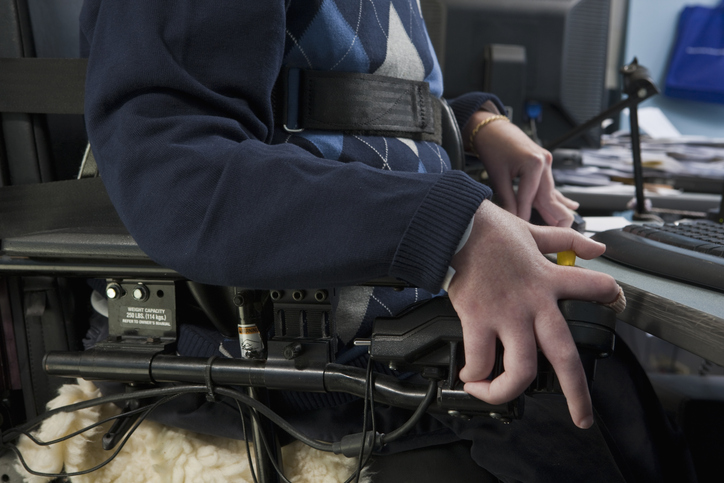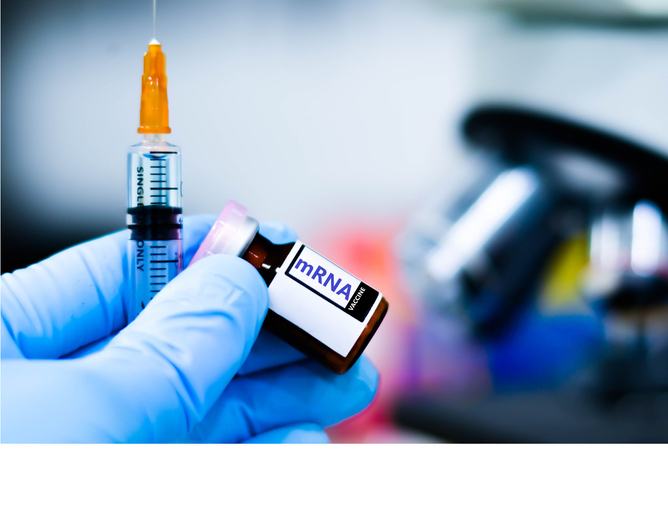After the deaths of three patients, the maker of an investigational gene therapy stopped shipments of the drug after it refused a request from the U.S. Food and Drug Administration (FDA) to pull the drug from the market.
Elevidys, made by Sarepta Therapeutics, is the first gene therapy treatment for Duchenne muscular dystrophy (DMD). The patients who died after taking the drug suffered acute liver failure.
In a July 18 press release, Vinay Prasad, M.D., M.P.H., director of the FDA’s Center for Biologics Evaluation and Research and the agency’s top regulator, said the decision was based on averting patient harm.
“Protecting patient safety is our highest priority, and the FDA will not allow products whose harms are greater than benefits,” stated Prasad in the release.
The FDA put the drug on a “clinical hold” and revoked the company’s platform technology designation.
Quick Change
In an unexpected reversal ten days later, on July 28 the FDA announced it would allow Sarepta to resume some shipments of the treatment. The revised hold allowed shipment for ambulatory DMD patients, while the hold remains in effect for non-ambulatory patients.
The death of an eight-year-old boy, which prompted the hold, was unrelated to the gene therapy itself, the FDA press statement said.
Elevidys costs $3.2 million for a one-time, single dose, according to drugs.com. DMD is a degenerative disease affecting males starting in childhood and the most common form of muscular dystrophy.
Leadership Confusion
Confusion over the on-again, off-again hold was compounded by the resignation and reinstatement of Prasad, who had been critical of the therapy and its risks prior to the decision to implement the hold.
Prasad submitted his resignation on July 29 after a fiery exposé posted by political activist and Trump supporter, Laura Loomer, on July 21, attacking Prasad as a “progressive leftist saboteur” who has praised Sen. Bernie Sanders. Prasad resigned just one day after the FDA loosened the Elevidys hold.
Two weeks later, Prasad was quietly reinstated to the agency, with critics of the Trump administration and leadership at the Department of Health and Human Services (DHS) suggesting the episode signaled internal conflict over regulatory policy.
HHS spokesperson Andrew Nixon said the reinstatement was “at the FDA’s request.” Martin Makary leads the FDA, which is overseen by HHS Secretary Robert F. Kennedy.
Patients Overruled
Prasad did what he thought was right, but it should not have been his alone to make, says Jeffrey Singer, M.D., a senior fellow at the Cato Institute.
“The FDA withheld the drug because Dr. Vinay Prasad was not convinced that the data proved it was effective,” said Singer. “In light of a few reports on serious adverse reactions, he did not believe the risks outweighed the benefits based on his review of the efficacy trials. However, these patients were desperate, and the risk-benefit assessment should be theirs to make—not a government bureaucrat.”
Singer says he has a great deal of respect for Prasad.
“He is committed to rigorous, evidence-based medicine, and that commitment was why he was a critic of the COVID-19 pandemic policy,” said Singer. “Dr. Prasad practices clinical oncology in addition to his work in epidemiology and medical research. If I were one of his patients, I would very seriously consider his opinion on the efficacy of a drug.”
Complex Calculation
Desperate patients often have to make tradeoffs, and deciding whether to use Elevidys can be complicated, says Jane Orient, M.D., executive director of the Association of American Physicians and Surgeons.
“Treatment for people who have a terrible disease is vastly different from a product, such as a vaccine, to be given to millions for a hypothetical benefit,” said Orient.
“People paralyzed by neuromuscular disease might be willing to take the risk of acute liver failure, but they need to understand the tradeoff: possibly a miserable death vs. possible future benefit, not cure, which might be transient and not very great,” said Orient. “Would they be willing to trade everything they own for the chance, or are they demanding that others pay?”
Transparency would be helpful to help patients and physicians make informed decisions about the drug.
“I think the FDA was right to put a hold on the drug,” said Orient. “If released because of popular pressure, it must be accompanied by full disclosure and be designated as experimental and therefore not covered by insurance.
“The company should pay the costs of their experiment, from which they hope to profit even if a lot of patients don’t,” said Orient.
In most cases, drug therapy is just one of many options for patients, says Orient.
“For $1.5 million, you could buy a lot of adaptive technology to improve your life,” said Orient.
New Drugs, New Framework
The science behind cellular and gene therapies is new, and it will take time for researchers to know how well they work, says Gregg Girvan, a resident fellow at the Foundation for Research on Equal Opportunity. “It is therefore understandable that the regulatory environment around these therapies is continually evolving,” said Girvan.
Sarepta should have been more transparent about the therapy’s safety data, says Girvan.
“Not releasing the data before media outlets reported on it made it look like Sarepta was engaging in a cover-up,” said Girvan. “Sarepta left the FDA no choice but to order the company to suspend shipments of Elevidys while it investigated.”
Girvan says cost should be a factor in whether a drug gets regulatory approval.
“Is it fair to expect society to help pay for the treatment through higher insurance premiums and taxpayer dollars?” said Girvan. “I think a price tag of $3.2 million for a treatment that provides marginal benefit answers the question clearly: absolutely not.”
Kevin Stone ([email protected]) writes from Arlington, Texas.


